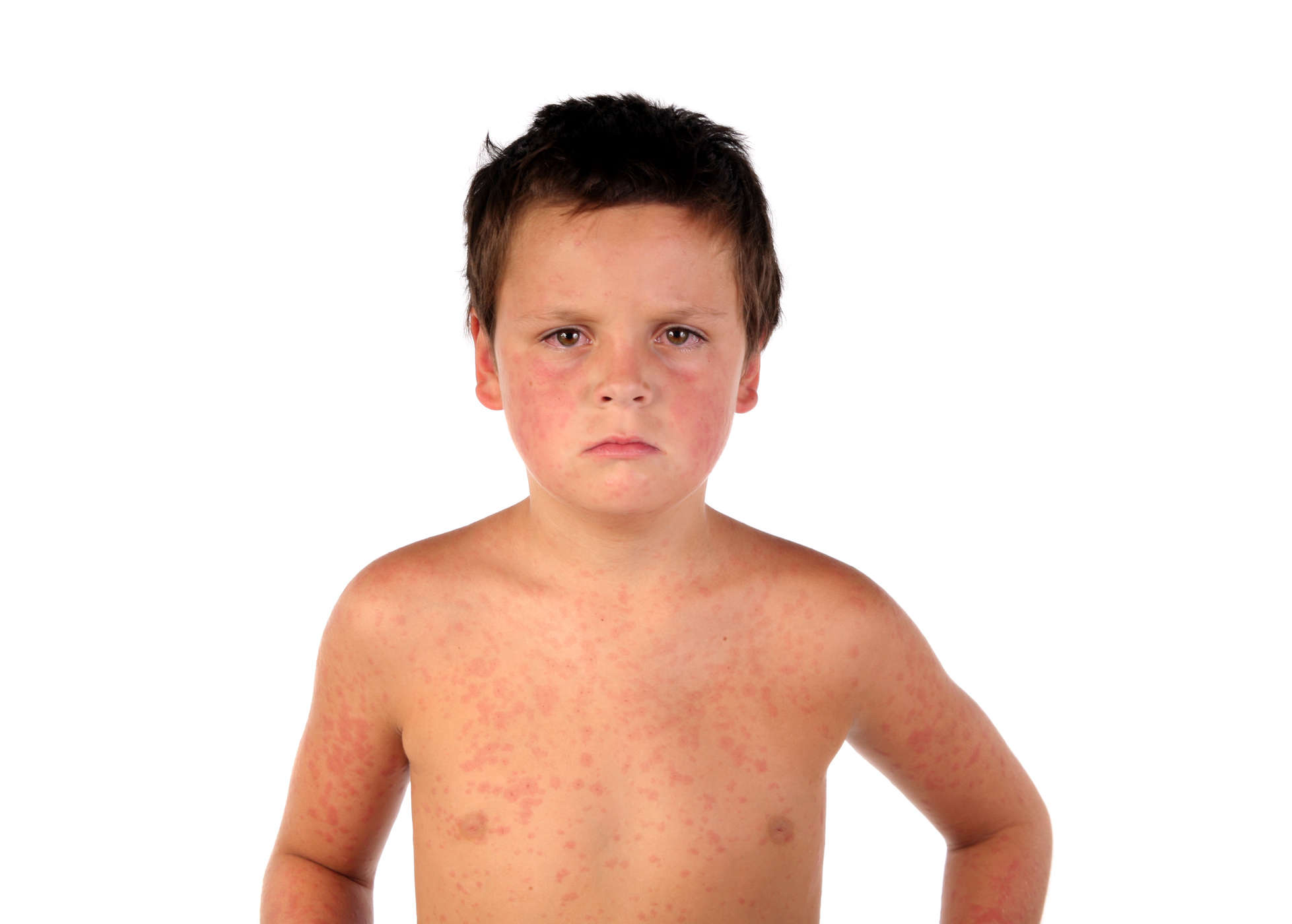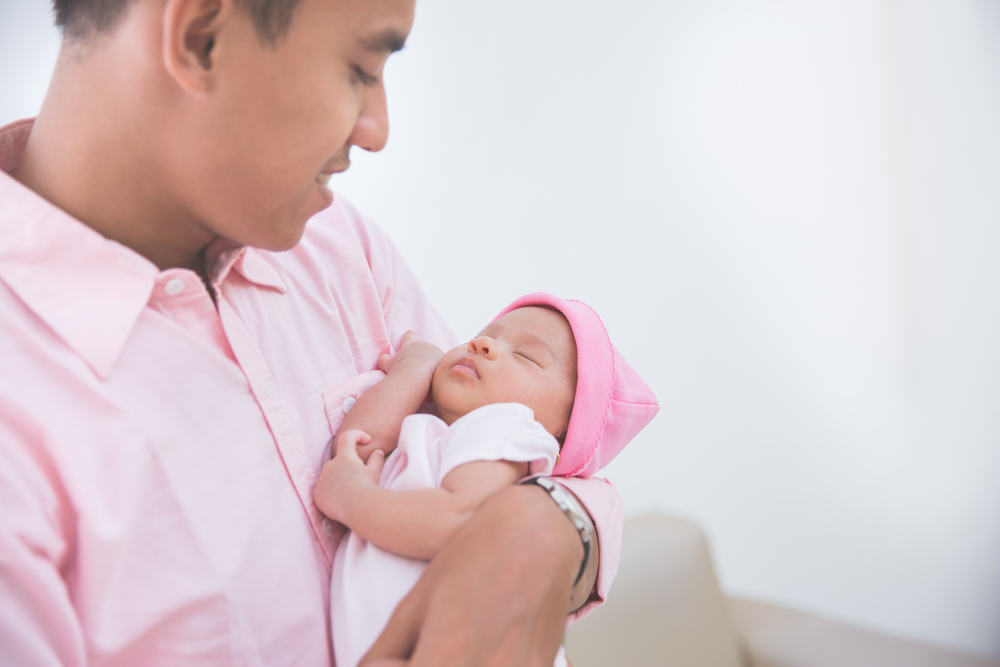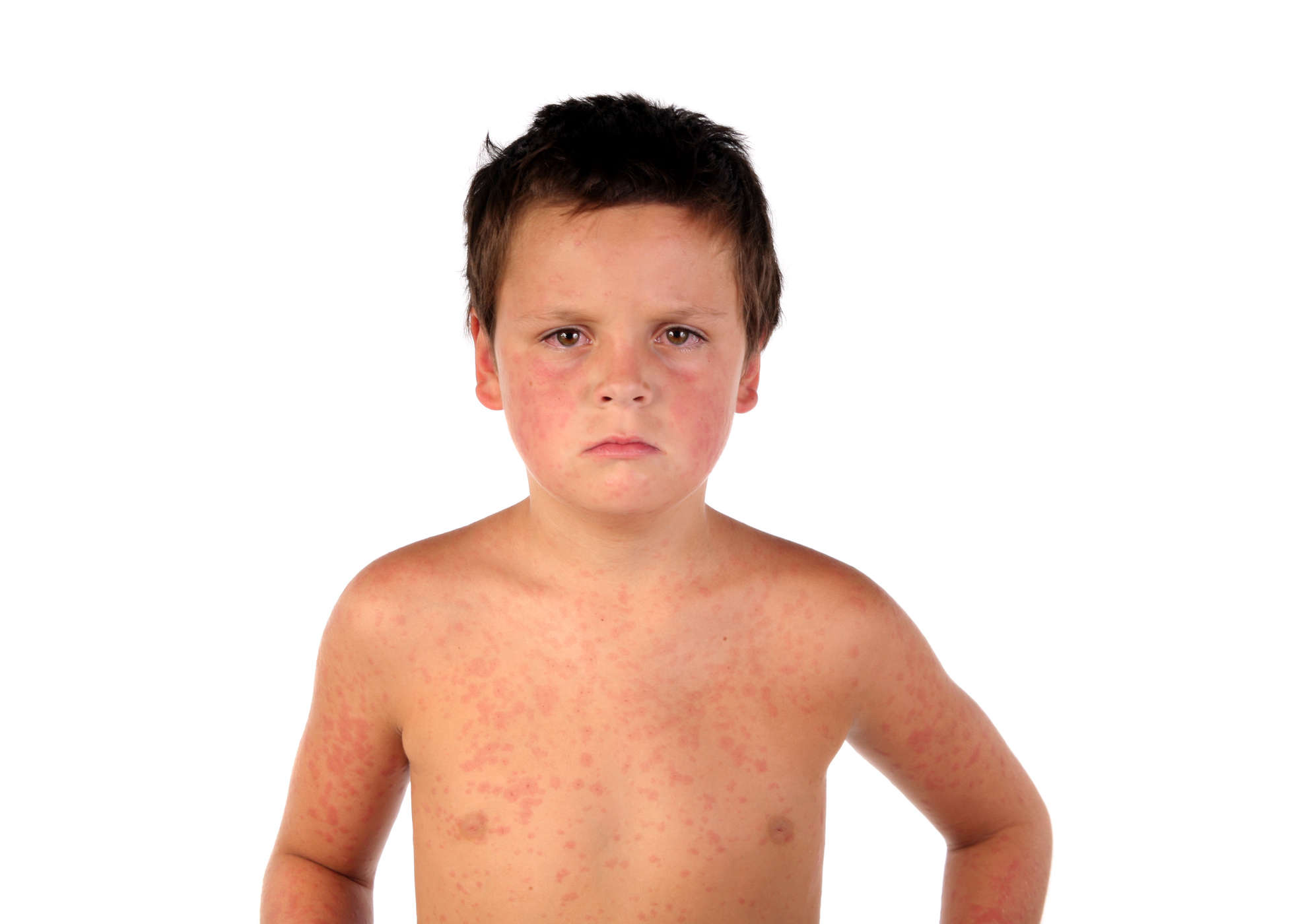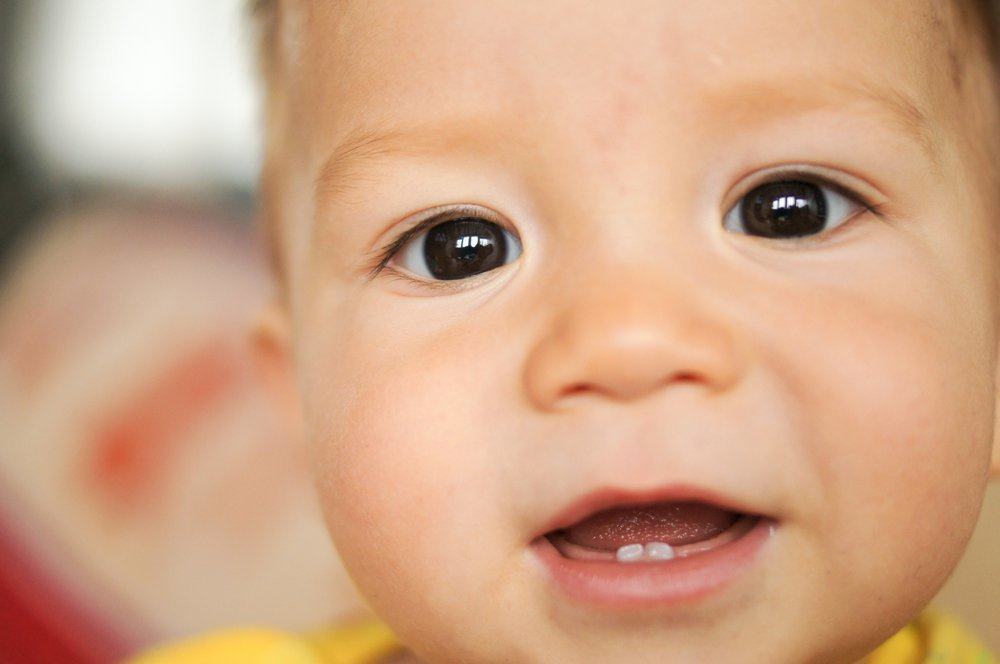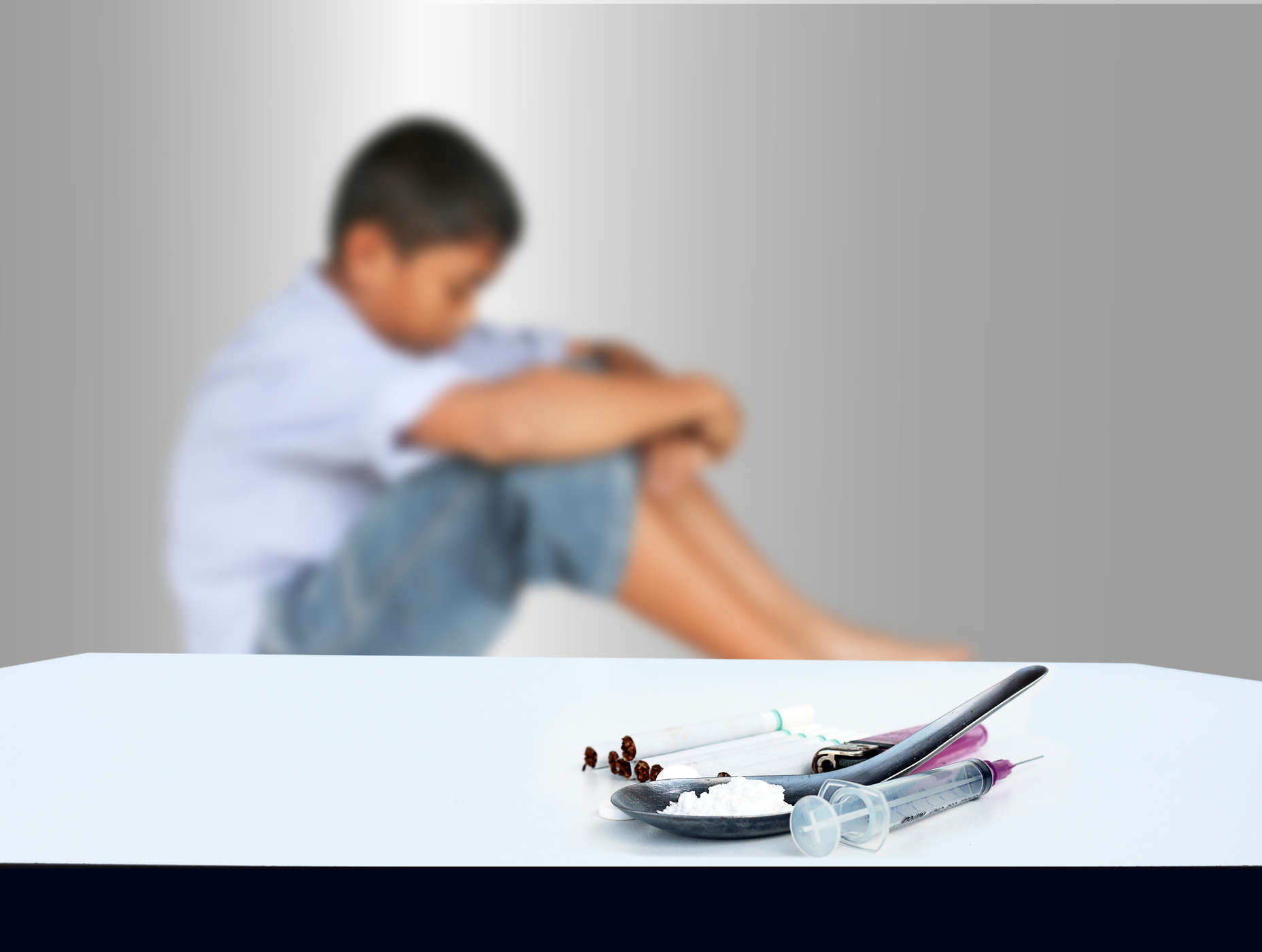Contents:
- Medical Video: Measles Outbreak | Measles Explained | Measles Vaccine | MMR Vaccine | Public Health England | 2018
- Enough rest
- Limit contact
- Foods that may or may not be
- Keep it clean, don't be afraid to take a shower
- Avoid dehydration
- Consult a doctor immediately
- Don't forget about immunization
Medical Video: Measles Outbreak | Measles Explained | Measles Vaccine | MMR Vaccine | Public Health England | 2018
Children with measles are one of the mother's concerns. In 2010, Indonesia was the country with the third highest incidence in Southeast Asia. World Health Organization reported as many as 6300 Morbili confirmed cases in Indonesia during 2013. In medicine, measles is called rubeola or morbili, a disease caused by the Measles virus. So, measles is not caused by bacteria, Moms.
Measles is a highly contagious disease through the air through breathing, coughing, or sneezing. It is rather difficult to detect this disease in the initial phase, because the initial symptoms are similar to the common cold, such as cough, runny nose, and fever. But, if you pay close attention, there is a difference that leads to the diagnosis of measles, namely if the child has a fever accompanied by conjunctivitis or red and watery eyes. Spots on the skin in the form of a red rash all over the body does appear on the 4th day of fever, which is after 10 days the germs enter and multiply in the body.
The principle of handling children with measles is supportive therapy. This is done considering that this disease is caused by a viral nature self limiting disease or can heal by itself. However, we must be able to control the development of viruses in the child's body, so as not to spread to other vital organs, such as the brain and lungs. Here are the steps you should pay attention to, if your child has measles
Enough rest
Advise your child to get enough rest. Meanwhile, reduce physical activity and play. Adequate sleep time, which is 8-10 hours can restore the body's immune system which functions against viruses that breed in the body
Limit contact
Because of its highly infectious nature and easily transmitted through the air, children with measles should limit contact with other people. If your child is in school, it is better to ask permission to rest at home so as not to transmit measles to his friends. Also separate children from measles from their siblings temporarily, especially if you have children who have not received the measles vaccine. For family members / contacts who are vulnerable, measles or human immunoglobulin vaccines can be given for prevention. It's also a good idea for children to be given a mask to limit transmission through coughing or sneezing
Foods that may or may not be
Even though it is contagious, most infectious patients can heal themselves. Consumption of nutritious foods plays an important role in supportive therapy. Consumption of 4 healthy foods is perfect, by adding portions of vegetables and fruits that contain lots of vitamins. Even though children sometimes have difficulty eating, because measles irritates the esophagus, you can outsmart it by giving food with small portions but often. Avoid foods that are fried and cold for a while
Keep it clean, don't be afraid to take a shower
Many mothers who worry about bathing their children will make red spots worse on the skin. In fact, this assumption is a big mistake. The skin on the measles is very itchy, so the child usually scratches. This scratching will actually worsen the spots and cause secondary infection. Spots can turn into wounds that can expel pus. After the child is not hot, you can bathe your child, to reduce itching and provide comfort. Use baby soap that does not irritate the skin. If the mother is still worried, at least wipe the child's body with a wet towel then after bathing it is covered with salicyl talc to reduce itching.
In addition, during illness and recovery, prepare personal equipment specifically for your child, including towels and cutlery such as plates, spoons, forks and glasses. This is to avoid transmission through indirect contact
Avoid dehydration
High fever experienced by children when measles drains the body's fluid and electrolytes. Give enough drink to keep body fluids and replace lost fluids if the child also has vomiting and diarrhea during measles.
Consult a doctor immediately
Although most measles does not cause death, but there is a small part that leads to complications. Morbili virus in the body can spread throughout all blood vessels. When attacking digestion, children will vomit and have severe diarrhea. The most worrying is complications to the lung in the form of pneumonia (pneumonia). Children will have difficulty breathing and shortness of breath. Another fatal complication is encephalitis, which is inflammation of the brain which causes the child to cramp and experience a decrease in consciousness.
Therefore, consulting a doctor from the start can prevent children from experiencing these complications. Usually the doctor will give antibiotics if there is a secondary infection. Not to forget, febrifuge drugs like paracetamol or ibuprofen. Besides vitamin A supplementation is also able to accelerate the duration of illness. Dosage given:
- Infants less than 6 months old 50,000 IU / day PO are given 2 doses.
- Ages 6-11 months 100,000 IU / day PO 2 doses.
- Age above 1 year 200,000 IU / day PO 2 dose.
- Children with signs of vitamin A deficiency, the first 2 doses according to age, followed by the third dose according to age given 2-4 weeks later.
Don't forget about immunization
One strategy to reduce measles mortality and morbidity is vaccination. However, based on data from the Indonesian Demographic and Health Survey in 2007, it turns out that measles immunization coverage in children under 6 years of age in Indonesia is still relatively lower (72.8%) compared to other countries in Southeast Asia which have reached 84% . In addition, measles immunization is only effective in providing protection against the virus if it is repeated, ie at the age of 9 months later at school age. Therefore, let's actively give immunizations to your child. Immunization is easily available at posyandu, puskesmas, or hospital.
READ ALSO:
- Types of compulsory immunizations for children
- Sundry Mumps in Children
- Therapy for Autism Children with Pets

